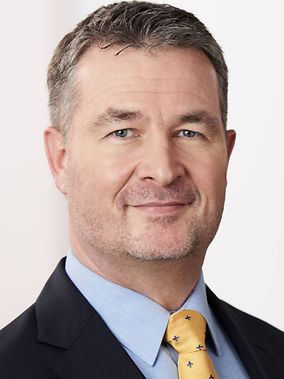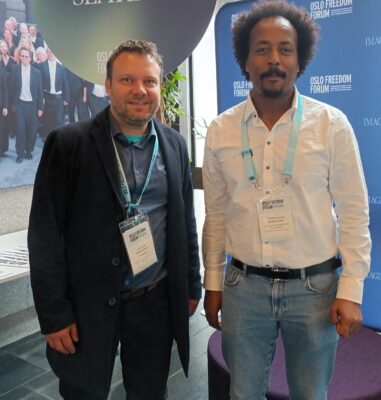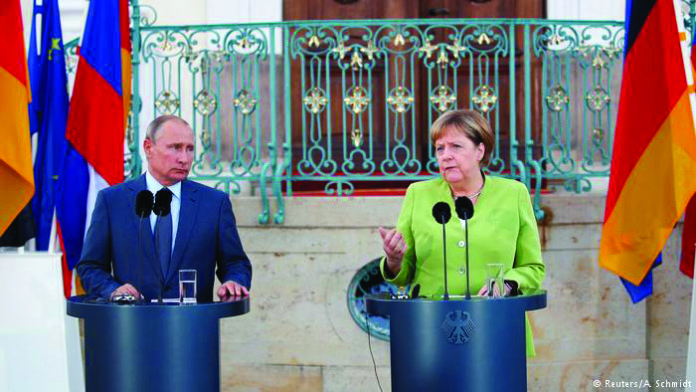By Muriel Mirak-Weissbach
Special to the Mirror-Spectator
BERLIN — German Chancellor Angela Merkel will visit Armenia at the end of August as part of a regional tour that will include Georgia and Azerbaijan. She is expected to arrive in Yerevan on August 24 (after press time) for a two-day working visit, during which she will meet with both Prime Minister Nikol Pashinyan and President Armen Sarkissian. Following her talks with the former, which should deal with bilateral relations, economic issues and the European Union, the two are scheduled to hold a joint press conference.

Foreign policy themes are also on the agenda, and high among them will certainly be the tensions with Azerbaijan around Nagorno Karabakh (Artsakh). Germany is a permanent member of the Minsk Group within the Organization for Security and Cooperation in Europe (OSCE), which has been tasked with finding a negotiated solution to the conflict. German President Frank-Walter Steinmeier made his fourth visit to Yerevan in 2016, at the time in his capacity as foreign minister. In talks with then-Foreign Minister Edward Nalbandian, he spoke of the need to melt “frozen conflicts,” like the one between Azerbaijan and Armenia, and called for direct negotiations between the two sides. Recently, in early July, the co-chairs of the Minsk Group, from the Russian Federation, France and the United States, met in Brussels with the two foreign ministers, Zohrab Mnatsakanyan and Elmar Mammadyarov, in pursuit of confidence building measures.
Mediation Undesired
Merkel’s diplomatic tour was supposed to bring new momentum into the process. But an extraordinary move by the Azerbaijan government just days prior to her departure has raised concerns that Berlin’s peace-seeking mission is not welcome in Baku. On August 20, Albert Weiler, a CDU Bundestag member from Thuringia who is scheduled to accompany Merkel on the trip, announced that the authorities were not allowing him to enter the country. As first reported by the online edition of the mass daily tabloid BILD and covered by other major press, Weiler was informed that he was considered an “undesirable person” and mediation attempts undertaken by the German Foreign Ministry with the Azerbaijan embassy led nowhere. The embassy, citing decisions taken at the highest government level, made clear to the parliamentarian that he would be arrested at the airport. (The similarities to practices one usually associates with Turkey and President Erdogan are striking.) Weiler decided to go ahead with the travel, but to return to Berlin after visiting Georgia and Armenia.









